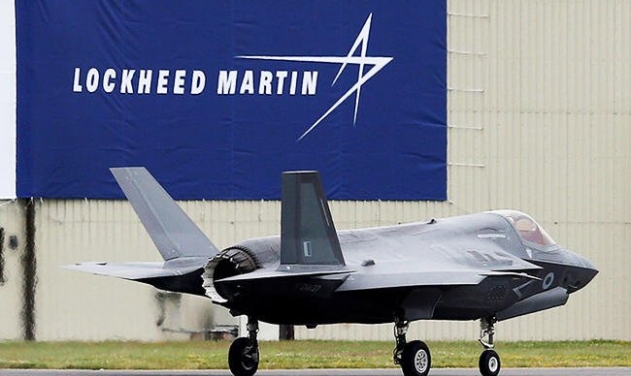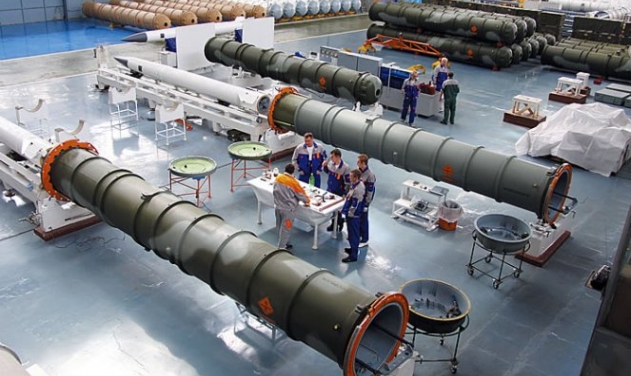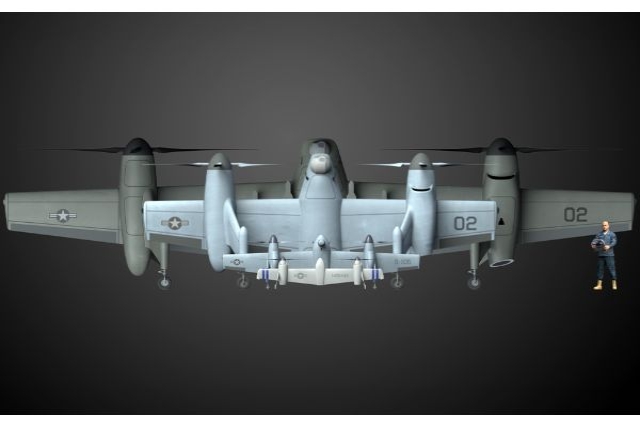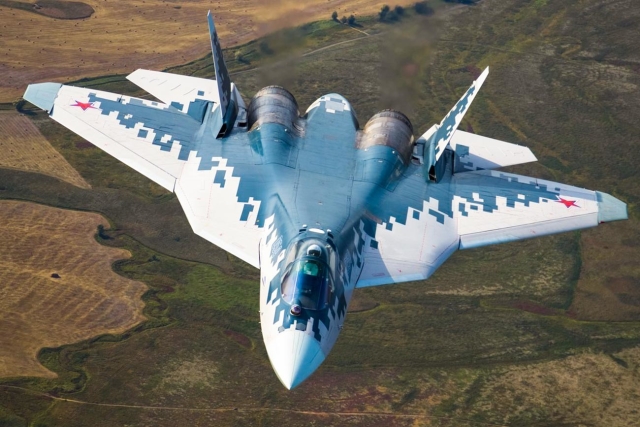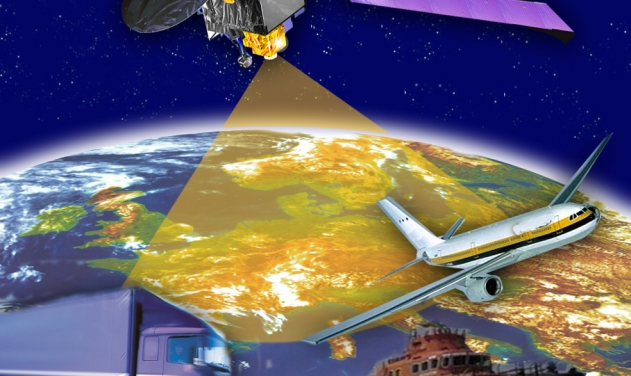Lockheed Martin, Universal Synaptics to Help US DoD tackle Warfighter Fault Anomalies
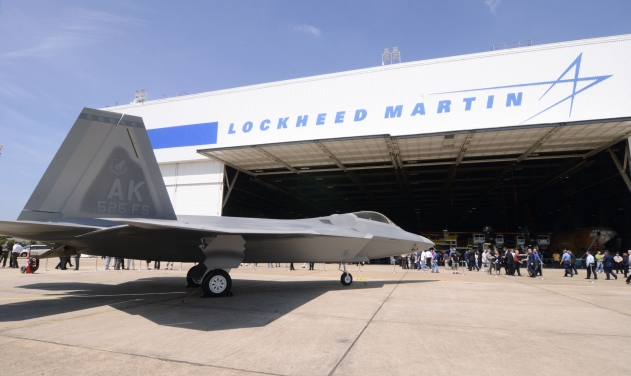
Lockheed Martin and Universal Synaptics Corporation have signed an agreement to help the United States Department of Defense (DoD) tackle an issue known as intermittent fault anomaly.
A new automated testing technology, developed by Universal Synaptics, called Intermittent Fault Detection discovers random fault anomalies in multi-domain platform electronics as well as wiring harnesses. This issue currently drives an estimated $2 billion in annual DoD maintenance costs, the company said in a statement Monday.
This system increases platform mission capable rates by eliminating unnecessary follow-on maintenance and proactively addressing emerging issues. This new capability isolates each intermittent fault and provides easy-to-follow maintenance actions for the maintainer to return the unit back into service.
In addition to mission capable improvements, eliminating intermittent failures will dramatically reduce sustainment costs by keeping platforms operating and decreasing repairs and supply support.
“Resolving intermittence in electronics is a discriminator for the DoD in achieving an 80-percent Mission Capable rate across platforms,” said Laura Frank, vice president of Lockheed Martin Enterprise Sustainment Solutions.
Together, the team will identify solutions for the DoD with the Intermittent Fault Detection & Isolation System 2.0 (IFDIS2), the Voyager Intermittent Fault Detector (VIFD) and the associated Interface and Application (IA) solutions.
This next-generation, integrated system is used to detect intermittent faults in nearly any piece of electronic equipment or wiring on any platform including F-22, F-16, F-35, F/A-18, rotary platforms such as the UH-60 as well as land and sea platforms.
“This partnership aligns our collective goals of reducing No Fault Found and increasing warfighter readiness by eradicating intermittent faults,” said Ken Anderson, Universal Synaptics Corporation President and CEO. “Together we will define a new era of advanced test capabilities and reset test equipment performance expectations for the DoD Maintenance Enterprise.”


